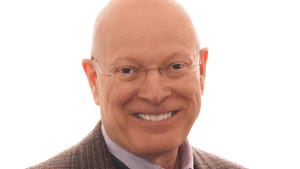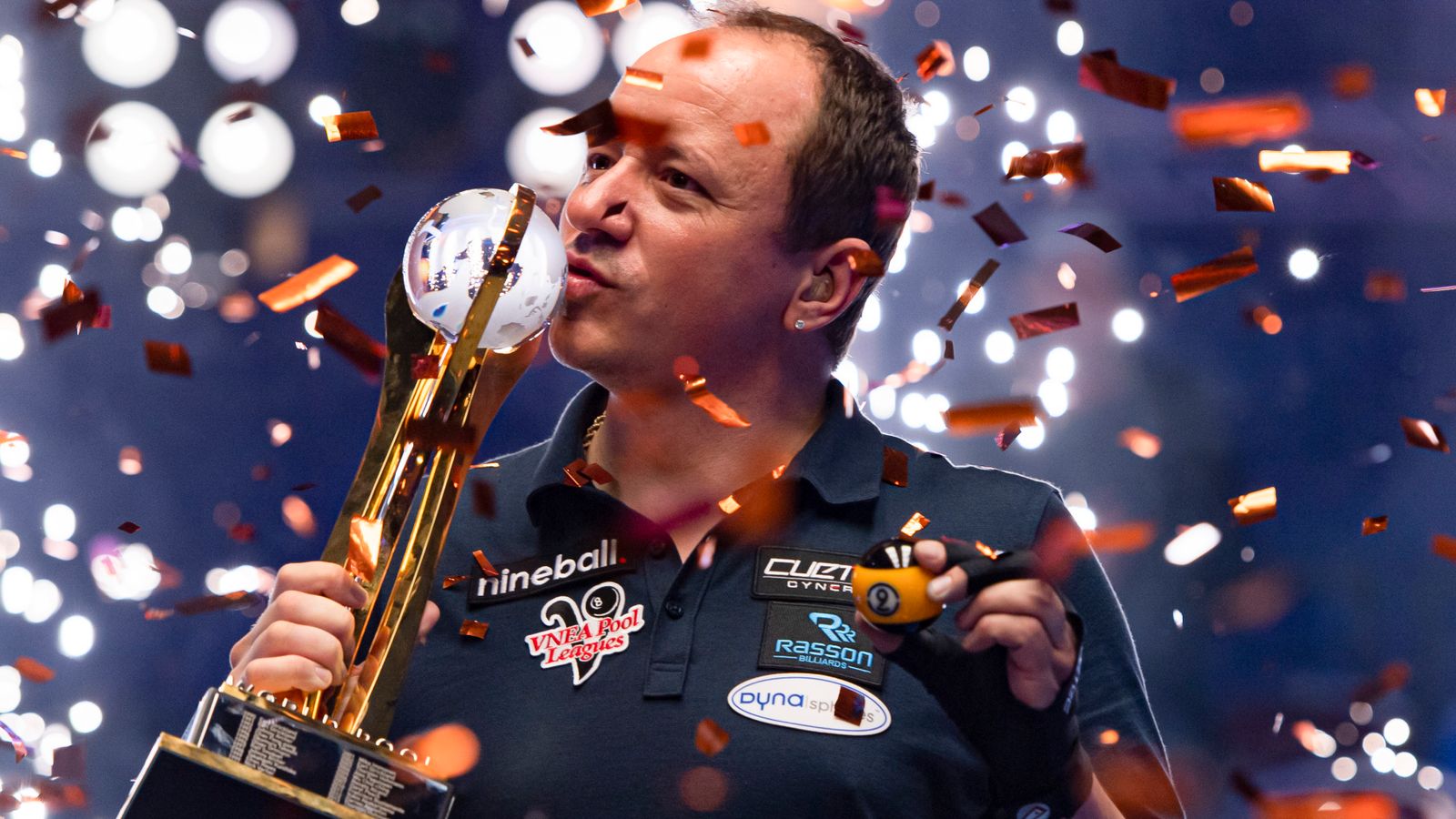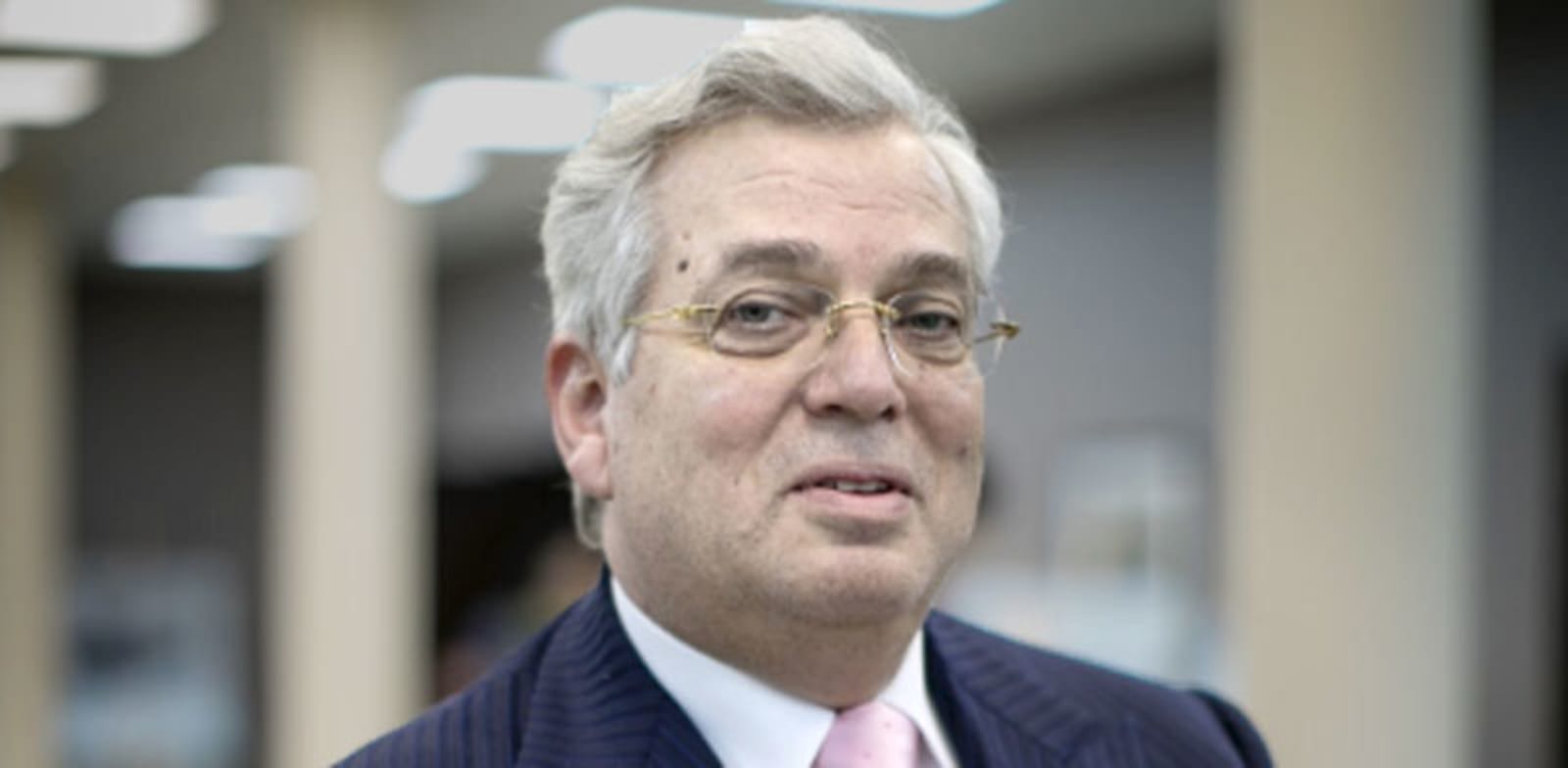I studied religion during college on the way toward my dream of becoming a Christian minister. Although I was prepared to move forward, that train wrecked and I went in a different career direction. Yet, I still recall my studies, read extensively, and try to practice what I discovered all of those years ago. This includes the concept that hatred stinks.
It turns out that religion is the most divisive subject in any language. One of its tenets is that the practitioner is right and everyone else is wrong.
If you consider all of humanity, there are 4,200 religions in the world. Of these there are five major divisions: Hinduism, New Age, Buddhism, Islam and Christianity.

Let’s boil the complex down to its bare bones.
Hinduism stresses the infinite manifestations of God.
New Age promotes the development of the individual to the place that the person creates his or her own reality.
Buddhism adherents strive to be like Buddha who has attained a spirituality that believers also attempt to attain.
Islam is devoted to one transcendent God who is worshiped through good deeds and disciplined religious rituals.
And Christianity believes in one infinite and personal God who is at once Father, Son and Holy Spirit.
That all seems fairly simple. But, here is the rub. Americans are not so homogenized. According to PEW Research, in the U.S., 70% profess to be Christian – whether Protestant, Catholic, Mormon, Jehovah’s Witness or other. Another 6% profess to be Jewish, Muslim, Buddhist, Hindu or other non-Christian faiths. And 24% are non-believers and profess to be atheist, agnostic or nothing in particular.
Most of the world does not practice Christianity. In fact the largest group of Christians in the world may be located in the United States.
Local news:Guilford Hills residents upset about a big apartment complex proposed in Franklin County
No matter where you go, majorities seem to see themselves as right and minorities wrong. This is especially true when it comes to religion. Christians often see themselves as saved while those of other faiths are condemned to hell because they have not accepted the basic tenets of Christianity.
And because Christians in the United States are the majority, it makes it extraordinarily easy to find scapegoats that can be labeled, demonized and treated as subhuman. As that happens we become like the people in 1930s Germany, so full of ourselves and so certain of our being right and superior, that the lives of others do not matter.
In the United States in general, and Franklin County in particular, who is it that we blame for our problems? There are easy targets. Muslims, Jews, Mormons, Mexicans, Chinese, Greeks, foreigners, gays, lesbians, bisexuals, illegal aliens, people on welfare, Blacks, Asians, politicians, the Biden Administration, Nancy Pelosi, rich people, poor people … minorities of every religious background, nationality, ethnicity, sexual persuasion, citizenship, race, political affiliation, economic status. And all those people pouring into the southern border, apparently bringing drugs, COVID and more. The environment is target rich, so to speak.
It is easy to blame minorities for our own problems. What is more difficult is to walk in the shoes of a minority person who cannot find acceptance no matter how hard that person works, no matter how that person tries, no matter how good that person attempts to live.
I know people who are anti-Muslim. Yet my life has been saved by doctors and other professionals who are men and women of the Muslim faith.
I know people who want to send Central American and South American people back to Mexico — even though they came here from a dozen different countries and have worked hard to become the fabric of our own community.
Why must we blame minorities for our own problems? The pain we inflict on others by our nonacceptance of those different from us is certainly not acceptable within the Christian faith.
Does this mean that we should give up our Christian status as we venture into the world, or that we should not honor our own beliefs, rituals and heritage here at home? No, of course not.
Yet, we should not have the expectation that the majority of people on earth are going to change their own beliefs, rituals and heritage to that of Christian Americans. Believing we are right, and they are wrong, is not a compelling argument.
Rather, the best way to reach others and to gain their friendship and support is to understand who they are, celebrate their differences, and help them avoid social, physical or economic harm. The minorities within our community are deserving of our acceptance, respect and protection.
It is time we become inclusive as a community and a nation. People who believe differently than we do are not the problem. Nor are minorities of any kind. Each of us is the captain of our own lives.
My reading of Christianity is that of an all powerful God who manifested Himself in human form to show His love for all humanity. Is there a better way for Christians to act than to strive to be like Jesus?
Bill Gindlesperger is a central Pennsylvanian, Dickinson College graduate, Pennsylvania System Of Higher Education (PASSHE) Governor, Shippensburg University Trustee, and Chairman of eLynxx Solutions. The firm provides enterprise-level cloud-software for communicating, specifying, approving, procuring, producing, reporting and activities necessary to obtaining direct mail, packaging, promo, marketing and all other printing. He is a board member, campaign advisor, successful entrepreneur, published author and commentator. He can be reached at[email protected].















